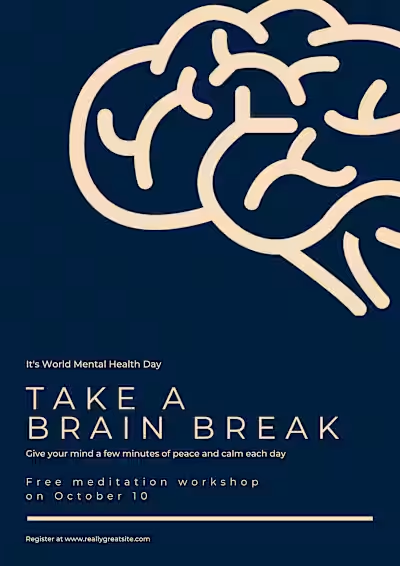Understanding Career Development Theories: A Guide to Making In…
Career development theories are frameworks that describe and explain the processes by which individuals develop their careers over time. These theories have been developed by psychologists, sociologists, and career counselors to provide a roadmap for individuals to make informed career decisions and achieve career success.
Several prominent career development theories have been developed over the years. In this article, we will explore some of the key theories and their implications for individuals seeking to develop their careers.
Holland’s theory of vocational choice is one of the most well-known and widely used career development theories. According to Holland, individuals are drawn to careers that match their personality traits. He identified six personality types and corresponding career environments:
1. Realistic: People who are practical, hands-on, and prefer to work with tools, machines, or animals. They are often found in construction, agriculture, and skilled trades.
2. Investigative: People who are curious, analytical, and enjoy solving complex problems. They are often found in science, technology, and research fields.
3. Artistic: People who are creative, original, and enjoy expressing themselves through art, music, or writing. They are often found the in arts, entertainment, and media fields.
4. Social: People who are empathetic, caring, and enjoy helping others. They are often found in healthcare, education, and social services.
Enterprising: People who are ambitious, persuasive, and enjoy leading and managing others. They are often found in business, sales, and entrepreneurship.
Conventional: People who are orderly, detail-oriented, and prefer to work with data and information. They are often found in administrative, financial, and clerical fields.
Holland’s theory suggests that individuals who choose careers that match their personality types are more likely to experience job satisfaction, career success, and job stability.
Super’s theory of career development is another influential theory that emphasizes the role of life stages and transitions in career development. Super identified five stages of career development:
1. Growth stage (ages 4–14): During this stage, individuals develop self-awareness, interests, and values that lay the foundation for future career choices.
2. Exploration stage (ages 15–24): During this stage, individuals explore different career options through education, work, and social experiences.
3. Establishment stage (ages 25–44): During this stage, individuals focus on building their careers and achieving stability and success.
4. Maintenance stage (ages 45–64): During this stage, individuals focus on maintaining their careers and adapting to changing work environments.
5. Decline stage (ages 65+): During this stage, individuals transition out of the workforce and into retirement.
throughout their careers and that effective career development requires ongoing self-reflection, learning, and adaptation.
Krumboltz’s social learning theory emphasizes the role of social and environmental factors in career development. According to Krumboltz, career decisions are influenced by four factors:
Genetic endowments and special abilities: Individuals have innate abilities and talents that influence their career choices.
Environmental conditions and events: Individuals’ career choices are influenced by their social, economic, and cultural environments.
1. Learning experiences: Individuals learn from their experiences in education, work, and social contexts.
2. Task approach skills: Individuals develop skills and strategies for solving problems and achieving goals.
Krumboltz’s theory suggests that individuals can improve their career development by seeking out diverse learning experiences, developing effective problem-solving skills, and building strong social networks.
This article discusses various theories of career development that help individuals understand the processes involved in developing their careers over time. It covers four prominent career development theories, including Holland’s Theory of Vocational Choice, Super’s Theory of Career Development, Krumboltz’s Social Learning Theory, and Ginsberg’s Career Development Theory. The article explains the key principles of each theory and how they can be applied to guide individuals toward making informed career decisions and achieving career success. Overall, the article provides a comprehensive overview of the major career development theories, making it a useful resource for anyone seeking to understand the dynamics of career development.
Like this project
Posted May 20, 2023
Career development theories are frameworks that describe and explain the processes by which individuals develop their careers over time. These theories have be…





